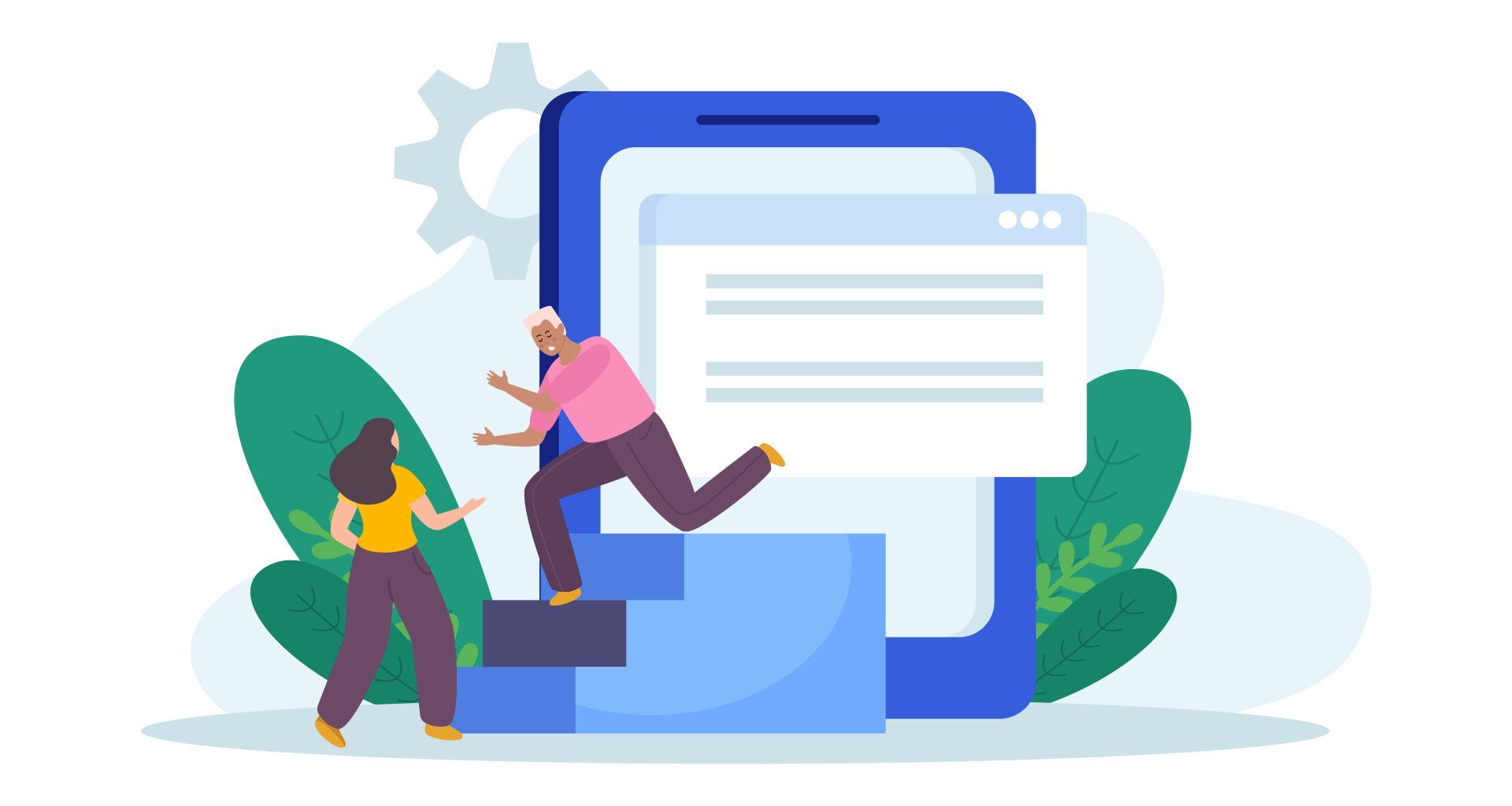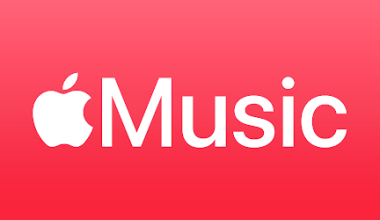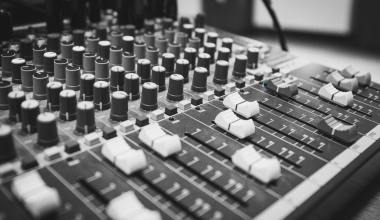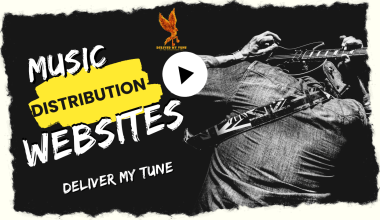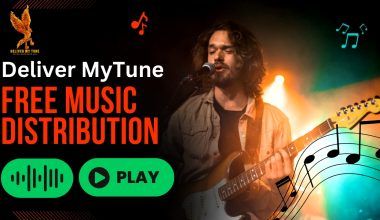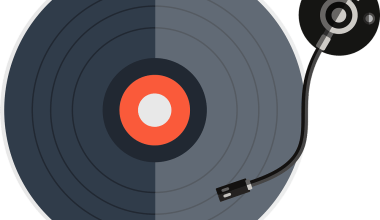In the music industry, understanding the different types of licenses is crucial for both artists and producers. One such license is the mechanical license. This license is essential for ensuring that songwriters and composers are fairly compensated when their music is reproduced. In this blog, we will delve into what a mechanical license is, why it is important, how to obtain it, and its role in the modern music landscape.
What is a Mechanical License?
A mechanical license is a legal authorization that allows a music user to reproduce and distribute a copyrighted musical composition. This includes any physical or digital format, such as CDs, vinyl records, or digital downloads. The term “mechanical” dates back to the early days of music reproduction, referring to the mechanical processes involved in making piano rolls and phonograph records.
The mechanical license grants the rights holder permission to create and distribute copies of a musical work. This is different from a performance license, which allows the music to be performed publicly, and a synchronization license, which allows the music to be used in visual media.
Why is a Mechanical License Important?
The mechanical license is vital for several reasons:
- Revenue for Songwriters: It ensures that songwriters and composers receive compensation when their work is reproduced and sold.
- Legal Protection: It provides legal protection for both the creators and the users of the music, ensuring that all parties adhere to copyright laws.
- Market Access: It allows music users to legally distribute music, thereby expanding their market reach without infringing on intellectual property rights.
How to Obtain a Mechanical License
Obtaining a mechanical license involves a few key steps. Here’s a straightforward guide:
- Identify the Rights Holder: Determine who owns the rights to the musical composition. This could be the songwriter, composer, or a music publishing company.
- Contact a Licensing Agency: Agencies such as the Harry Fox Agency in the US handle the issuance of mechanical licenses. These agencies can facilitate the process and ensure all legal requirements are met.
- Negotiate Terms: The terms of the license, including the royalty rate and the scope of usage, need to be negotiated. In the US, statutory rates often apply, but these can vary depending on the specific agreement.
- Payment of Royalties: Once the license is obtained, the licensee must pay royalties to the rights holder based on the number of reproductions and distributions of the musical work.
Role of Mechanical License in Digital Distribution
In today’s digital age, the scope of the mechanical license has expanded to cover digital formats. Here’s how it plays a role:
- Digital Downloads: When a song is sold as a digital download, a mechanical license is required to reproduce and distribute the file.
- Streaming Services: Streaming services also require mechanical licenses for the reproduction of musical works. Platforms like Spotify and Apple Music pay mechanical royalties to songwriters and composers.
- Ringtones and Other Digital Formats: The license extends to digital formats such as ringtones and other downloadable music products.
Differences Between Mechanical License and Other Licenses
Understanding the differences between various music licenses is essential for comprehensive music management. Here’s a comparison:
- Mechanical License: Allows reproduction and distribution of a musical work.
- Performance License: Allows public performance of a musical work.
- Synchronization License: Allows use of a musical work in visual media like films, TV shows, and commercials.
- Print License: Allows reproduction of sheet music.
Each license serves a unique purpose, and having the right combination is crucial for full legal use of music.
Mechanical License in Different Countries
The concept of the mechanical license varies slightly around the world. Here’s a brief look at how it operates in different regions:
- United States: In the US, the Harry Fox Agency is the primary organization handling mechanical licenses. The statutory rate is set by the Copyright Royalty Board.
- United Kingdom: In the UK, the Mechanical-Copyright Protection Society (MCPS) manages mechanical licenses. The rates and terms are negotiated based on the specific use.
- Canada: The Society of Composers, Authors and Music Publishers of Canada (SOCAN) oversees mechanical licensing along with reproduction rights organizations like CMRRA.
- Australia: APRA AMCOS handles the mechanical licensing in Australia, covering both physical and digital formats.
Challenges and Considerations
While obtaining a mechanical license is generally straightforward, there are several challenges and considerations:
- Identifying the Rights Holder: With multiple collaborators, identifying the correct rights holder can be complex.
- Negotiating Rates: Negotiating the terms and rates of the license can be challenging, especially for new artists.
- International Licensing: For global distribution, obtaining mechanical licenses in multiple jurisdictions can be cumbersome and time-consuming.
Practical Tips for Artists and Producers
For artists and producers looking to navigate the complexities of mechanical licensing, here are some practical tips:
- Work with Licensing Agencies: Agencies streamline the process and ensure compliance with legal requirements.
- Keep Detailed Records: Maintain detailed records of all licenses and royalty payments to avoid disputes.
- Understand Your Rights: Educate yourself about your rights as a songwriter or composer to ensure you are fairly compensated.
The Future of Mechanical Licensing
The landscape of mechanical licensing is evolving with advancements in technology and changes in music consumption habits. Here are some future trends:
- Blockchain Technology: Blockchain can provide transparent and secure methods for tracking music reproduction and distribution, simplifying royalty payments.
- Artificial Intelligence: AI can assist in identifying rights holders and managing licenses more efficiently.
- Global Licensing Solutions: Efforts are underway to create more unified global licensing frameworks to simplify international distribution.
The Historical Context of Mechanical Licensing
Understanding the historical context of the mechanical license provides a deeper appreciation of its importance. The mechanical license emerged in response to the technological advancements in the early 20th century that enabled the mass reproduction of music. The advent of player pianos and phonograph records necessitated a system to ensure that composers and songwriters were compensated for the mechanical reproduction of their works.
In 1909, the US Congress passed the Copyright Act, which included provisions for the mechanical license. This legislation was groundbreaking, establishing a statutory rate for mechanical royalties and setting the stage for modern music licensing. The statutory rate ensured that songwriters received a fair, standardized fee for each reproduction of their work, fostering a sustainable ecosystem for music creators.
Mechanical Licensing in the Digital Era
The transition from physical to digital formats has significantly impacted the mechanical licensing landscape. Digital downloads, streaming, and other online music services have introduced new complexities and opportunities in mechanical licensing. Let’s explore how the digital era has reshaped mechanical licensing:
- Digital Downloads: Digital downloads, such as those on platforms like iTunes, require mechanical licenses for each copy sold. The same principles that apply to physical reproductions apply to digital formats, ensuring that songwriters are compensated for every download.
- Streaming Services: Streaming platforms like Spotify and Apple Music use a different model, paying mechanical royalties based on the number of streams rather than downloads or physical sales. This model has required new agreements and adjustments in the calculation of royalties.
- Interactive and Non-Interactive Streams: The distinction between interactive (on-demand) and non-interactive (radio-style) streams has also affected mechanical licensing. Interactive streams often involve higher mechanical royalty rates compared to non-interactive streams, reflecting the greater control users have over the music they play.
- User-Generated Content: Platforms like YouTube, which host user-generated content, have introduced additional complexities. Mechanical licenses must account for the reproduction of copyrighted music in videos created by users, necessitating extensive licensing agreements with rights holders.
The Role of Collective Management Organizations
Collective management organizations (CMOs) play a crucial role in administering mechanical licenses. These organizations represent songwriters and composers, negotiating licenses, collecting royalties, and distributing payments. Let’s look at some key CMOs around the world:
- Harry Fox Agency (HFA): In the United States, HFA is a leading provider of mechanical licensing services, representing a vast catalog of musical works and facilitating the licensing process for digital and physical reproductions.
- Mechanical-Copyright Protection Society (MCPS): In the United Kingdom, MCPS administers mechanical licenses, working with songwriters, composers, and music publishers to ensure fair compensation for the reproduction of their works.
- Society of Composers, Authors and Music Publishers of Canada (SOCAN): SOCAN, in conjunction with the Canadian Musical Reproduction Rights Agency (CMRRA), oversees mechanical licensing in Canada, representing the interests of music creators.
- APRA AMCOS: In Australia, APRA AMCOS manages mechanical licenses, covering both domestic and international repertoire.
The Economic Impact of Mechanical Licensing
The economic impact of mechanical licensing is significant, contributing to the livelihood of songwriters and composers and supporting the broader music industry. Here’s how mechanical licensing drives economic value:
- Revenue Generation: Mechanical royalties provide a steady stream of income for songwriters and composers, incentivizing the creation of new music.
- Investment in Music Creation: The revenue from mechanical royalties allows music creators to invest in new projects, recording sessions, and promotional activities, fostering innovation and diversity in the music industry.
- Sustainability for Independent Artists: For independent artists, mechanical royalties are a crucial revenue source, supporting their careers and enabling them to remain financially viable without relying solely on live performances or merchandise sales.
The Legal Framework of Mechanical Licensing
The legal framework surrounding mechanical licensing is complex, involving various national and international laws and regulations. Here’s an overview of the key legal aspects:
- Copyright Act of 1909 (USA): This landmark legislation established the foundation for mechanical licensing in the United States, setting statutory rates for mechanical royalties and defining the rights of songwriters and composers.
- Berne Convention: An international agreement that standardizes copyright laws across member countries, including provisions related to mechanical licensing.
- Digital Millennium Copyright Act (DMCA): In the digital age, the DMCA has introduced new regulations for mechanical licensing, particularly concerning digital formats and online platforms.
- European Union Copyright Directive: In the EU, this directive harmonizes copyright laws across member states, including provisions for mechanical licensing and digital rights management.
Conclusion
The mechanical license is a cornerstone of the music industry, ensuring that songwriters and composers are compensated for their work. As music continues to evolve with new technologies and distribution methods, understanding and obtaining mechanical licenses will remain crucial for artists, producers, and distributors alike. By navigating this landscape effectively, music creators can protect their intellectual property and thrive in the dynamic world of music.
For further reading, explore these related articles:
- Maximizing Your Reach with Spotify Ad Studio
- Exploring the Various Types of Playlists on Spotify
- Promo Cards on Spotify: A Game Changer for Artists
For additional resources on music marketing and distribution, visit Deliver My Tune.
